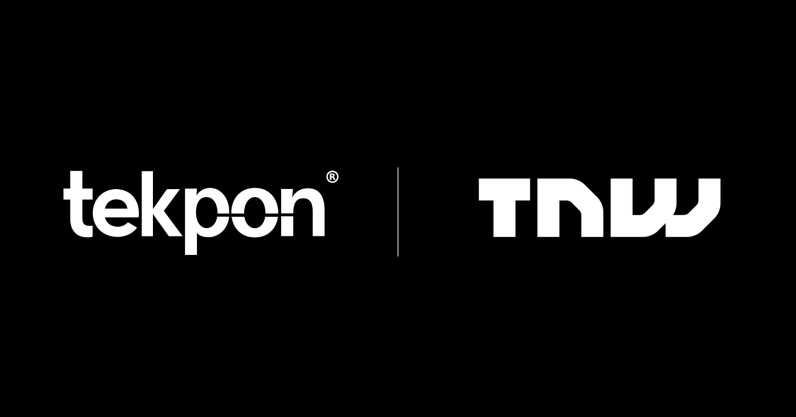Reading List
The most recent articles from a list of feeds I subscribe to.
Is ChatGPT’s New Shopping Research Solving a Problem, or Creating One?

When OpenAI announced its new shopping search capabilities, I took the news with a grain of salt (perhaps the whole shaker). For the past decade, we have watched the slow evolution of traditional search engines. What began as tools for pure information discovery gradually morphed into ecosystems dominated by SEO-optimized content and sponsored results. My initial fear with ChatGPT’s update was simple: Are we seeing the beginning of a similar shift? Is the purity of the “reasoning engine” being diluted by the necessity of commerce? After testing the new shopping integration, the results suggest that we are at a pivotal…
This story continues at The Next Web
Tekpon acquires TNW (The Next Web) brand from The Financial Times

Tekpon has acquired 100% of the TNW media and events brands, which cover and convene the European technology ecosystem, from the FT. The transaction is Tekpon’s largest investment in media and events so far. It broadens the company’s reach across SaaS and AI and strengthens its role in the global innovation landscape. TNW’s brand and editorial standards will be maintained, while its events and digital platforms will be integrated into Tekpon’s wider strategy. The FT will continue to own and operate TNW Spaces, Amsterdam’s dynamic tech hub, offering private offices and coworking spaces that support a thriving community of startups,…
This story continues at The Next Web
Ending graciously

A few decades ago, when I was raising funding for a startup, I made a lasting impression on an investor by not only talking about how successful we would be, but also highlighting what would happen if we weren’t. Later, in an informal setting, I asked him what had persuaded him to invest in us. He told me that during the pitch, I had said, “And if all our predictions and expectations are wrong, we will use the last of our funding for a magnificent farewell dinner for all our investors. You’ll have lost your money, but at least you’ll…
This story continues at The Next Web
How robotics could turn e-waste into a tech goldmine

E-waste has become a global problem. Unfortunately, the majority of discarded used technology, known as e-waste, is dumped or processed in unsafe conditions. Around 78% of electronic products aren’t properly recycled — and the garbage pile keeps growing. In 2024, the world churned out 1.22 billion smartphones. Add this to the billions of TVs, laptops, and computers, and what we have is a saturated market that fuels a throwaway cycle. A United Nations report forecasts that e-waste will grow to 80 million tonnes by 2030. “That’s enough to fill 1.5 million 40-ton trucks, which could circle the planet,” says Eric…
This story continues at The Next Web
Startup wisdom: 5 prompt engineering tips for vibe coding success

Startup wisdom is a new TNW series offering practical lessons from experts who’ve helped build great companies. This week, Dainius Kavoliūnas, head of no-code platform Hostinger Horizons, shares his tips on vibe coding. Vibe coding has become an indispensable tool, especially for entrepreneurial thinkers building apps and platforms for solving everyday problems, streamlining business processes, or enhancing digital experiences. It represents a paradigm shift in software development. Instead of writing lines of code, you can now describe your requirement and have AI bring it to life. Vibe coding is fast, intuitive and opens up a new realm of possibilities where code…
This story continues at The Next Web